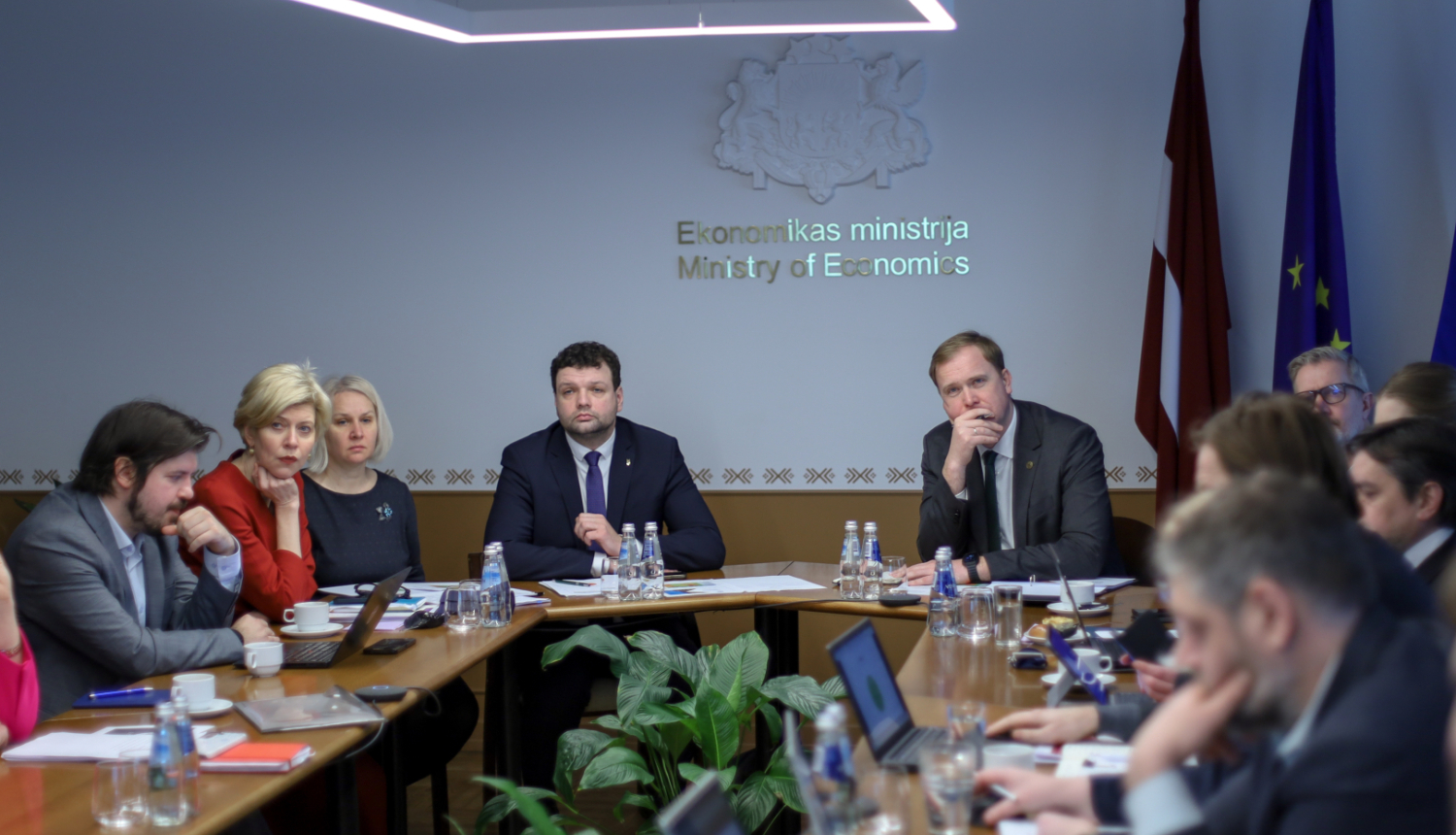FICIL is happy to announce the progress being made in the area of the Labour Law, a process that FICIL has actively initiated and championed to foster a more flexible and modern labour market. This achievement reflects years of dedicated efforts to align Latvia’s labour regulations with evolving economic demands, ensuring a more competitive and investor-friendly environment.
At the Human Capital Development Council meeting on 5th February, stakeholders, including government representatives, business associations, and trade unions, reaffirmed the necessity of regulatory changes to enhance workforce flexibility. As a direct result of FICIL’s persistent advocacy, agreement was reached on introducing aggregated working hours for part-time employees based on mutual agreements. Additionally, collective agreements will now be allowed to extend the accounting period up to three months, creating a more adaptable framework for employers and employees. Another significant milestone is the endorsement of transitioning to primarily cashless salary payments, while maintaining flexibility for exceptions in areas with limited banking services. This move aligns with the Shadow Economy Reduction Plan 2024–2027, reinforcing efforts to combat undeclared economic activity.
Further discussions will continue on the outstanding issues, including overtime pay, collective agreement terms, and other Labour Law amendments. The minister of economy, Viktors Valainis, highlighted the urgency of finalizing these reforms to strengthen economic activity and business competitiveness before legislative discussions in the Parliament.
FICIL remains committed to seeing these long-advocated reforms through to implementation, ensuring that the Labour Law evolves to support Latvia’s economic growth and maintain its appeal for investors.


